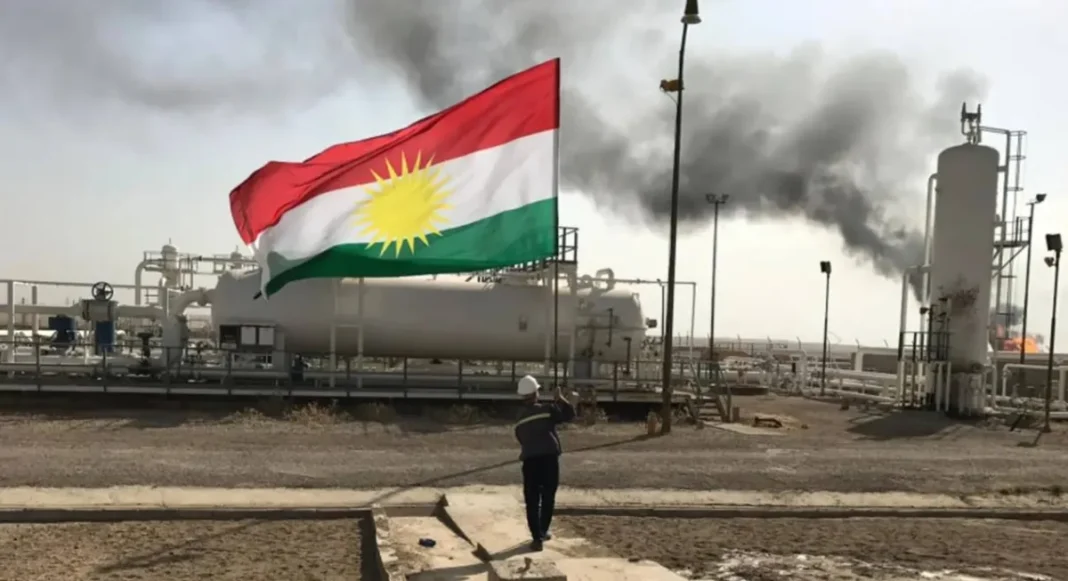Iraq and Turkey reached a new deal to restart exports through the Kirkuk-Ceyhan pipeline. This Iraq Turkey oil exports deal ends a long freeze that lasted more than two years.
Iraq’s State Oil Marketing Organisation made an agreement with Turkish companies to resume flows. At the same time, Baghdad and the Kurdistan Regional Government agreed on a revenue-sharing plan that covers both oil and non-oil income.
Officials in Erbil asked Baghdad to release overdue public sector salaries. They linked this demand to the new arrangement and stressed the need for fairness.
A delegation from the Kurdistan Regional Government will soon visit Baghdad. The visit will focus on finalizing technical details needed to resume exports.
Iraq’s federal oil marketer has confirmed its readiness to handle crude supplies. However, producing companies must finish negotiations before flows restart.
The Kirkuk-Ceyhan pipeline carried about 400,000 barrels per day before its shutdown. The closure happened in 2023 after arbitration between Iraq and Turkey.
The restart of exports marks a major step in solving disputes about revenue distribution and export control. Both governments hope the Iraq Turkey oil exports deal will create more trust and cooperation.
This agreement also matters for international markets. Resuming the flow of Iraqi crude helps stabilize supply and strengthens Iraq’s role as a reliable exporter.
The Iraq-Turkey oil exports deal highlights the critical importance of sustained partnership and dialogue between Baghdad, Erbil, and Ankara. This trilateral cooperation not only facilitates the efficient flow of energy resources but also demonstrates how shared economic interests can bridge political divides. If all parties remain committed to constructive engagement, the agreement could pave the way for enhanced regional stability, improved infrastructure, and increased investor confidence.
In the long term, such collaboration has the potential to boost employment, strengthen economic institutions, and create a more integrated energy market across the region. The deal also underscores the strategic importance of energy diplomacy in fostering peace and prosperity, not just for Iraq and Turkey, but for the broader Middle East.


